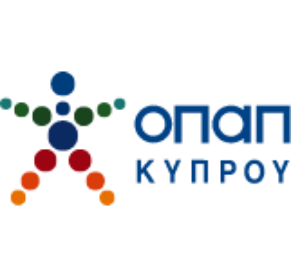Dietary Advice & Nutrition Service
"Health and Nutrition" Program
- The Program
- Talk to Us
"Health & Nutrition" Program
With the aim to provide nutritional support to individuals who are experiencing breast or gynaecological cancer, we have developed the above program.
It offers nutritional assessment, evaluation of nutritional problems, personalised nutritional intervention and monitoring of the patient’s nutritional status.
Purpose
The main purpose is to improve the quality of life of the patient through the broad spectrum of nutritional care.
What is the connection between nutrition and cancer?
Nutrition is a significant factor in all stages of the cancer experience (diagnosis, surgery, chemotherapy, radiation therapy, hormone therapy), even in cases of advanced cancer. Malnutrition and sarcopenia (loss of muscle mass) are the most common nutritional problems in cancer and are caused by the malignancy itself because of treatments. In fact, research shows that malnutrition symptoms account for 10-20% of cancer-related deaths, rather than the malignancy itself.
The dietician needs to understand the patient’s needs, perceive their condition, and try to help solve problems by providing personalized support for the best possible results. Therefore, good collaboration between the dietician and the patient is essential.
Nutritional Goals:
- Early detection and management of muscle reduction or malnutrition.
- Ensuring adequate nutrition and addressing any potential deficiencies.
- Recommendations for personalized weight management and body composition.
- Enhance the chances of successful treatment and the ability of the body to tolerate it.
- Increase chance of survival.
- Preventing infections, accelerating post-surgical recovery and better response to treatments.
- Management of possible nutritional side effects (poor appetite, changes in smell and taste, stomatitis, dry mouth, nausea, vomiting, diarrhea, constipation, fluid retention, inflammation etc).
- Education on the nutritional aspects of safe food consumption and food safety.
- Encouraging good nutritional status of the patient to minimize the risk of disease recurrence.
- In overweight and obese individuals, fat loss is required before starting treatments to avoid loss of muscle mass.
Nutritional factors that increase the risk of breast cancer:
- Increased fat tissue and BMI.
- Alcohol intake.
- Saturated fats such as red and processed meats consumption.
- Intake of processed white sugar above 60g per day and other sweeteners above 100g per day.
- Minimal physical activity.
Nutritional factors that may protect against breast cancer:
- Healthy body composition.
- Adequate intake of fruits and vegetables.
- Reduced alcohol intake.
- Reduced intake of dairy products.
- Reduced processed white sugar intake below 200g per day and beverages with sugars below 50g per day.
- Prefer whole grain cereals, whole wheat bread, and rye bread intake.
Exercise
For adults:
- 150-300 minutes of moderate-intense exercise per week.
- 75-150 minutes of high-intense exercise per week.
For children:
- 1 hour of high-intense exercise per day.
For more information regarding the "Health and Nutrition" Program, please contact our Houses.
Send us a message

